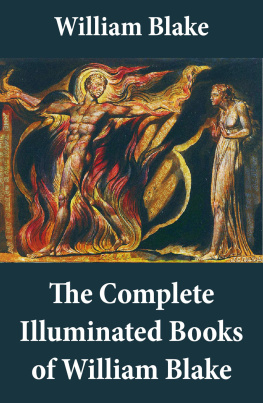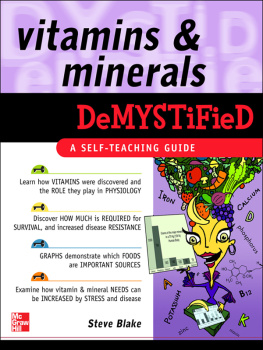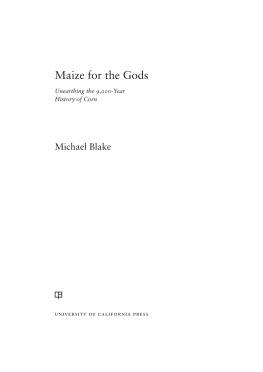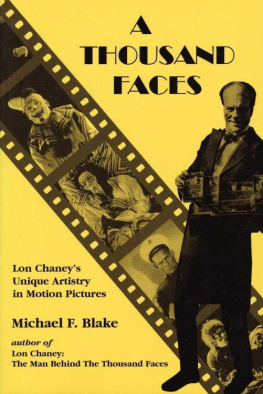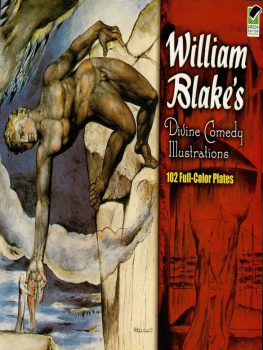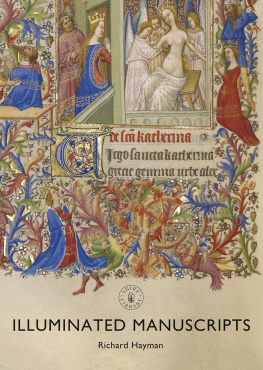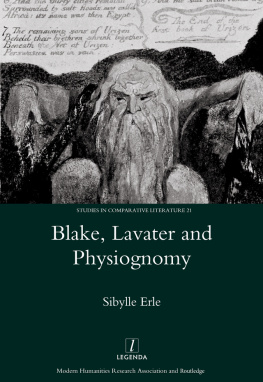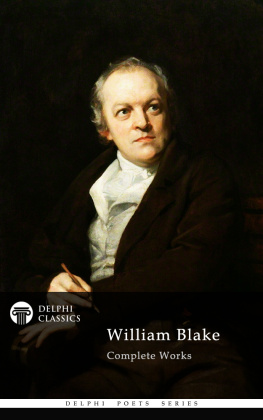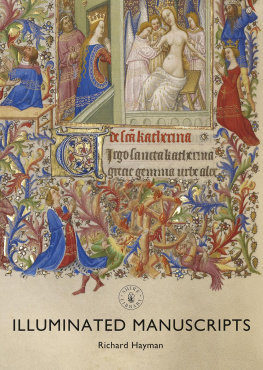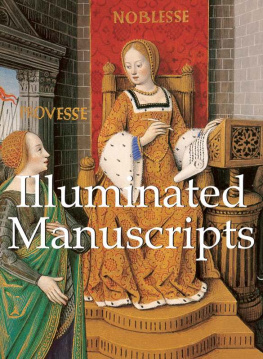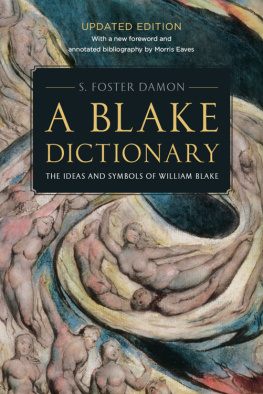Sources
Images are taken from books in the Lessing J. Rosenwald Collection of the Library of Congress. Rosenwald 1796 There is no natural religion. [London, W. Blake, ca. 14 cm. 14 cm.
Rosenwald 1798 The book of Thel. The author and printer Willm. Blake. [London] 1789. 8 plates. 31 cm.
Rosenwald 1799 The marriage of Heaven and Hell. [London, ca. 1794] 27 plates. 40 cm. Rosenwald 1801 Songs of innocence and of experience, shewing the two contrary states of the human soul. [London, W.
Blake, 1794] 54 plates. col. ill. 19 cm. Rosenwald 1803 Visions of the daughters of Albion: the eye sees more than the heart knows. ca. 1810?] 11 leaves : col. ill.; 39 cm. ill.; 39 cm.
Rosenwald 1804 America, a prophecy. Lambeth, Printed by William Blake, 1793 [i.e. 1794?] 18 plates. ill. 39 cm. Rosenwald 1806 Europe, a prophecy.
Lambeth: Printed by Will. Blake, 1794. 18 p. : col. ill. ; 38 cm.
Rosenwald 1807 The book of Urizen. First book of Urizen Lambeth: Printed by W. Blake, 1794 [i.e. 1815?] [28] leaves of plates: col. ill. ; 29 cm.
Rosenwald 1808 The song of Los. Lambeth, Printed by W. Blake, 1795.8 p.; 33 cm. Rosenwald 1809 The book of Ahania. Lambeth, Printed by W. 6 plates. 30 cm. 30 cm.
Rosenwald 1810 Milton, a poem in 12 [i.e. 2] books. The author & printer W. Blake. [London] 1804 [i.e. 29 cm. 29 cm.
Rosenwald 1811 Jerusalem, the emanation of the giant Albion. [London] Printed by W. Blake, 1804 [i.e. 1832?] 100 plates 31 cm. Rosenwald 1812 The ghost of Abel: a revelation in the visions of Jehovah / seen by William Blake. ; 33 x 21 cm. ; 33 x 21 cm.
Rosenwald 1813 For children: The gates of Paradise. Lambeth, W. Burke, 1793. [1] l., 17 plates. 14 cm. [London, ca. 1810?] [4] l., 17 plates (in portfolio) 41 cm.
Table of Contents
Text
The Voice of one crying in the Wilderness
The Argument
As the true method of Knowledge is Experiment, the true faculty of knowing must be the faculty which experiences.
Table of Contents
Text
The Voice of one crying in the Wilderness
The Argument
As the true method of Knowledge is Experiment, the true faculty of knowing must be the faculty which experiences.
This faculty I treat of:
Principle 1
That the Poetic Genius is the True Man, and that the Body or Outward Form of Man is derived from the Poetic Genius. Likewise that the Forms of all things are derived from their Genius, which by the Ancients was calld an Angel and Spirit and Demon.
Principle 2
As all men are alike in Outward Form; so, and with the same infinite variety, all are alike in the Poetic Genius.
Principle 3
No man can think, write, or speak from his heart, but he must intend Truth. Thus all sects of Philosophy are from the Poetic Genius, adapted to the weaknesses of every individual.
Principle 5
The Religions of all Nations are derived from each Nations different reception of the Poetic Genius, which is everywhere calld the Spirit of Prophecy.
Principle 6
The Jewish and Christian Testaments are an original derivation from the Poetic Genius.
Principle 6
The Jewish and Christian Testaments are an original derivation from the Poetic Genius.
This is necessary from the confined nature of bodily sensation.
Principle 7
As all men are alike, tho infinitely various; so all Religions: and as all similars have one source the True Man is the source, he being the Poetic Genius.
THELS Motto
Does the Eagle know what is in the pit? Or wilt thou go ask the Mole: Can Wisdom be put in a silver rod? Or Love in a golden bowl?
I
The daughters of Mne Seraphim led round their sunny flocks. All but the youngest; she in paleness sought the secret air. To fade away like morning beauty from her mortal day: Down by the river of Adona her soft voice is heard: And thus her gentle lamentation falls like morning dew. O life of this our spring! why fades the lotus of the water? Why fade these children of the spring? born but to smile & fall.
Ah! Thel is like a watry bow. and like a parting cloud. Like a reflection in a glass. like shadows in the water. Like dreams of infants. like a smile upon an infants face, Like the doves voice, like transient day, like music in the air; Ah! gentle may I lay me down, and gentle rest my head.
And gentle sleep the sleep of death. and gentle hear the voice Of him that walketh in the garden in the evening time. The Lilly of the valley breathing in the humble grass Answerd the lovely maid and said; I am a watry weed, And I am very small, and love to dwell in lowly vales; So weak, the gilded butterfly scarce perches on my head. Yet I am visited from heaven and he that smiles on all. Walks in the valley. and of modest brooks; For thou shalt be clothed in light, and fed with morning manna: Till summers heat melts thee beside the fountains and the springs To flourish in eternal vales: then why should Thel complain, Why should the mistress of the vales of Har, utter a sigh. and of modest brooks; For thou shalt be clothed in light, and fed with morning manna: Till summers heat melts thee beside the fountains and the springs To flourish in eternal vales: then why should Thel complain, Why should the mistress of the vales of Har, utter a sigh.
She ceasd & smild in tears, then sat down in her silver shrine. Thel answerd. O thou little virgin of the peaceful valley. Giving to those that cannot crave, the voiceless, the oertired. Thy breath doth nourish the innocent lamb, he smells thy milky garments, He crops thy flowers. while thou sittest smiling in his face, Wiping his mild and meekin mouth from all contagious taints.
Thy wine doth purify the golden honey, thy perfume, Which thou dost scatter on every little blade of grass that springs Revives the milked cow, & tames the fire-breathing steed. But Thel is like a faint cloud kindled at the rising sun: I vanish from my pearly throne, and who shall find my place. Queen of the vales the Lilly answerd, ask the tender cloud, And it shall tell thee why it glitters in the morning sky, And why it scatters its bright beauty thro the humid air. Descend O little cloud & hover before the eyes of Thel. The Cloud descended, and the Lilly bowd her modest head: And went to mind her numerous charge among the verdant grass.
II.
O little Cloud the virgin said, I charge thee tell to me, Why thou complainest not when in one hour thou fade away: Then we shall seek thee but not find; ah Thel is like to thee.
I pass away. yet I complain, and no one hears my voice. The Cloud then shewd his golden head & his bright form emergd, Hovering and glittering on the air before the face of Thel. O virgin knowst thou not. our steeds drink of the golden springs Where Luvah doth renew his horses: lookst thou on my youth, And fearest thou because I vanish and am seen no more. to take me to her shining tent; The weeping virgin, trembling kneels before the risen sun, Till we arise linkd in a golden band, and never part; But walk united, bearing food to all our tender flowers Dost thou O little Cloud? I fear that I am not like thee; For I walk through the vales of Har. and smell the sweetest flowers; But I feed not the little flowers: I hear the warbling birds, But I feed not the warbling birds. they fly and seek their food; But Thel delights in these no more because I fade away, And all shall say, without a use this shining woman livd, Or did she only live. to be at death the food of worms. to be at death the food of worms.

